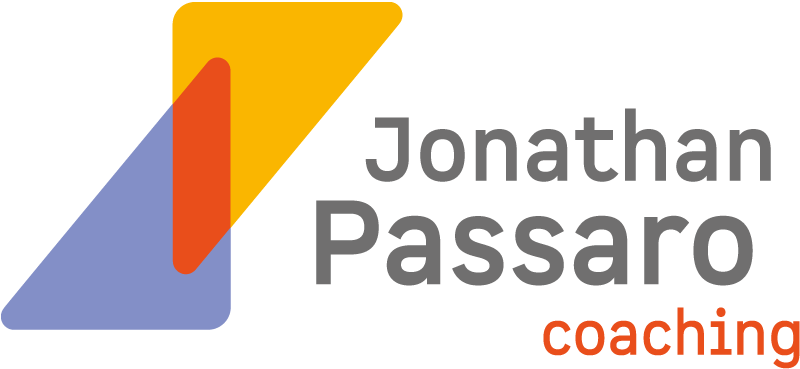Progress Is Not Linear
La version française de ce billet est disponible ici.
First you set a goal. Then you identify how to get there, and what is likely to get in your way, so that you’ll be prepared to overcome any obstacles. Slowly but surely, you advance towards your objective, until you finally attain your goal.
Why is this description of progress deceptive? The reality is, we don’t reach our objectives through constant forward progress; setbacks and detours are equally part of the process.
I am thinking about this topic at this particular moment — and I think it bears writing about even if it may seem an obvious point — because it came up recently while working with a client. The client in question was a brilliant lawyer working towards a major turning point in his career. We were working together on several aspects of his work that he wanted to improve and which he had identified as being necessary in order to achieve his broader objectives. During the first few coaching sessions, he was often frustrated by errors he continued to make, or bad habits of which he was well-aware but could not seem to get rid of. This frustration contributed to elevated stress levels, which disrupted his sleep and negatively impacted his performance at work.
His frustration was due to the nature of the challenge he faced: up until this point in his life, everything had been relatively easy for him. It was effectively the first time in his life that he faced substantial difficulty in attaining a professional objective. Even if he was theoretically aware of the typical cycle of change — trying out an approach, failing, and learning from that — he had never really lived it at work.
By taking a bit of a step back, and analysing setbacks in his personal life that he had overcome, he developed his capacity to approach this challenging period in his work life with greater patience and tolerance — while still maintaining his standard for excellence. Our work together helped him to internalise the fact that, when faced with a true challenge, the road that leads to success is never completely straight. He gradually became comfortable with the idea that, when you set an ambitious goal, it is completely normal to advance in fits and starts, and natural to have days where you have the impression of having regressed. In fact, it is precisely the knowledge gained through numerous attempts and setbacks that will allow for progress.
Thanks to this work, he was able to reduce his stress and better learn from his successes and failures, which helped him to achieve his desired results.
Working with this client was a great example of the fact that, even if you know that setbacks are a natural part of growth and change, it can still be difficult to live this process, especially if you are someone who isn’t accustomed to failure. This is especially true if you work in a field (like the law) where you can have the impression that failure simply isn’t accepted.
However, working on your relationship with failure can help you to approach challenges with greater peace of mind, which — as paradoxical as it may seem — often translates into you achieving your goals more quickly.
Do you feel like you aren’t achieving your professional objectives as quickly as you would like? Contact Jon here to discuss the possibility of working together on obtaining your most ambitious objectives. Would you like first to know more about his experience and qualifications? You will find all of the relevant information here.
